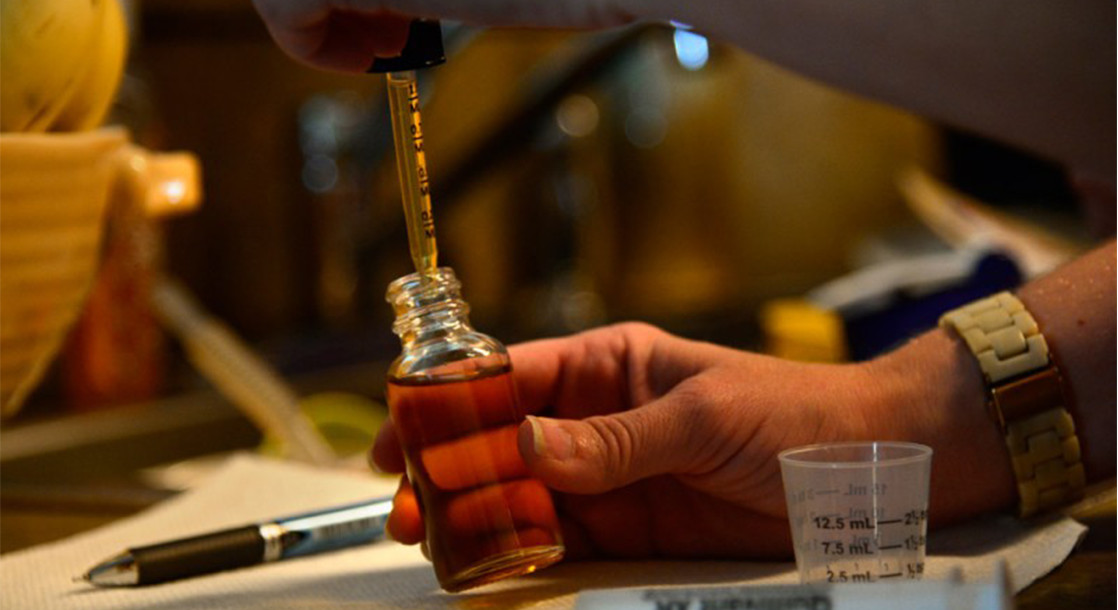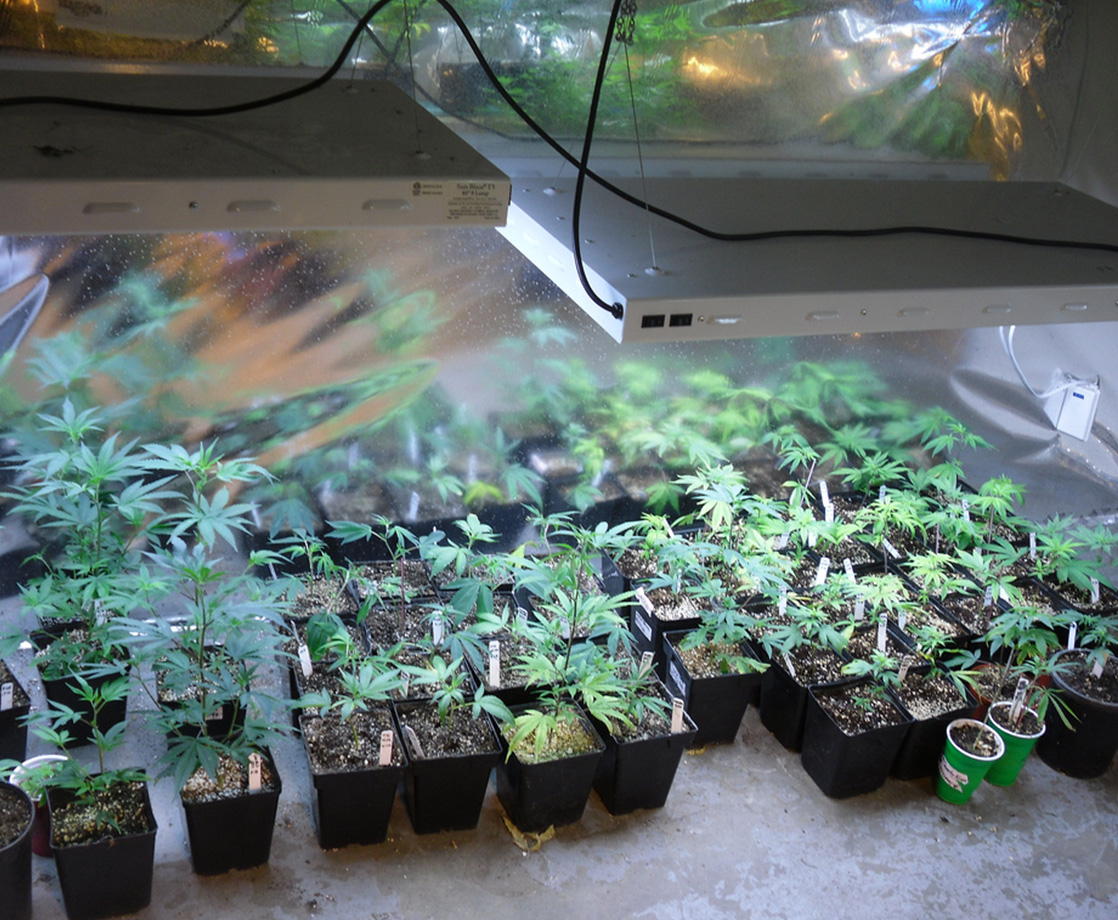After approving highly restrictive medical marijuana legislation earlier this year, lawmakers from the conservative state of Indiana have surprised many by sparking a more expansive dialogue about legalization. Both sides of the political aisle are beginning to acknowledge the benefits of pot, and one Republican representative is even pushing a measure that would extend the system beyond CBD-only products.
However, despite the state’s limited medical cannabis regulations now set in place, local law enforcement agencies have continued to disparage dispensaries and patients in need. Just five weeks after the legislation was passed, police confiscated more than 3,000 CBD products from nearly 60 stores across the state. Although these crackdowns were eventually halted in June, it was primarily due to concerns over the legality of their busts.
Currently, Indiana’s medical marijuana law is only inclusive for those suffering from epilepsy, but police interference has made CBD oil more difficult for both patients and parents of kids suffering from the condition to obtain without fearing prosecution. Many Hoosier State advocates have conveyed disappointment over the way legalization has been handled by law enforcement, diminishing their hope that legislation would make it easier for epilepsy patients to obtain medication.
According to an email obtained by a local CBS news syndicate, one police commander stated that they thought the law allowed them to confiscate any cannabis product not used to treat epilepsy. Some lawmakers have argued against this point, claiming that CBD-based products have been legal since 2014, after a law that removed industrial hemp from the controlled substance list was passed.
At the moment, the state’s Attorney General Curtis Hill is reviewing the situation, and plans to issue a formal opinion on the legality of CBD products in the near future. For now, it seems like the cascade of police crackdowns in Indiana have come to a standstill, but the level of discomfort that both dispensaries and patients are both facing will likely remain high.











